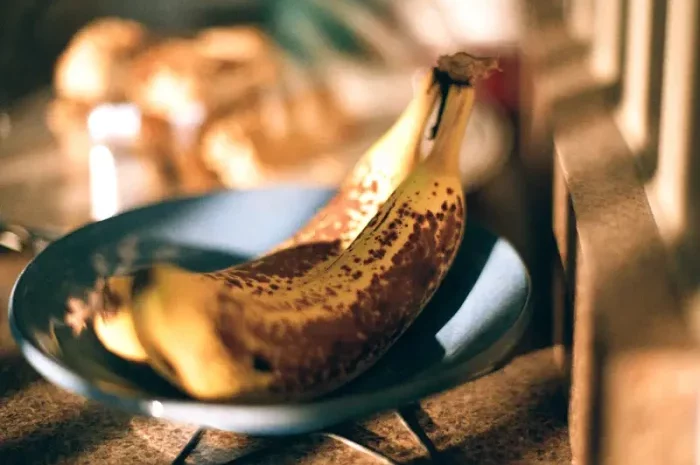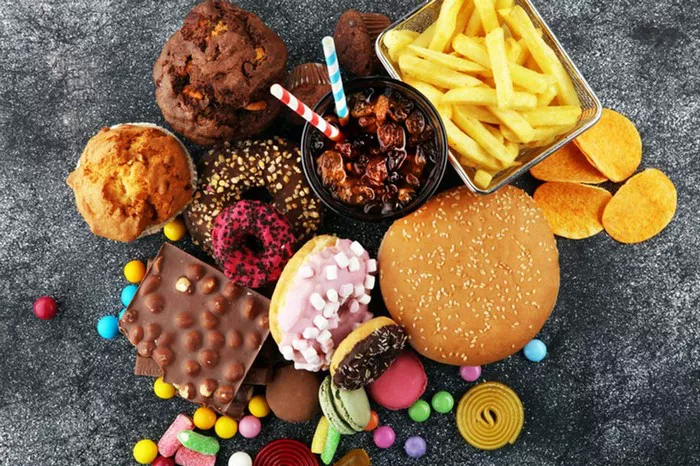Bananas are a popular fruit known for their sweet taste and convenient packaging. They are rich in carbohydrates, primarily in the form of natural sugars like glucose, fructose, and sucrose. Additionally, bananas contain dietary fiber, vitamins (such as vitamin C and vitamin B6), and minerals (such as potassium and manganese).
Glycemic Index (GI) of Bananas
The glycemic index (GI) is a scale that ranks carbohydrate-containing foods based on their effect on blood sugar levels. Bananas have a moderate GI, typically ranging from 42 to 62, depending on factors such as ripeness and variety. This means that bananas can cause a moderate increase in blood sugar levels after consumption.
Benefits of Fiber in Bananas
Bananas are a good source of dietary fiber, with one medium-sized banana providing about 3 grams of fiber. Fiber plays a crucial role in slowing down the digestion and absorption of carbohydrates, including sugars, which can help prevent rapid spikes in blood sugar levels after eating.
Portion Control
While bananas can be a nutritious addition to a diabetic diet, portion control is essential to manage blood sugar levels effectively. Consuming a whole banana at once may cause a more significant increase in blood sugar compared to eating smaller portions or pairing bananas with other foods to balance the meal.
Ripeness and Blood Sugar
The ripeness of a banana can impact its sugar content and glycemic index. Riper bananas tend to have higher sugar content and a higher glycemic index, which means they may cause a more rapid increase in blood sugar levels compared to less ripe bananas. Opting for slightly green or yellow bananas may help minimize blood sugar spikes.
Combining Foods
Pairing bananas with foods high in protein or healthy fats can help balance the meal and minimize blood sugar spikes. For example, adding nut butter or Greek yogurt to banana slices can provide protein and healthy fats, which can slow down the absorption of sugars and help maintain stable blood sugar levels.
Individual Dietary Needs
It’s essential to recognize that dietary needs can vary among individuals with diabetes. Factors such as age, weight, activity level, medication regimen, and blood sugar control goals can influence dietary recommendations. Consulting with a healthcare provider or registered dietitian can help individuals with diabetes create personalized meal plans that meet their unique nutritional needs and preferences.
Research and Expert Opinions
Current research and expert opinions support the notion that bananas can be included as part of a balanced diabetic diet when consumed in moderation and paired with other nutrient-rich foods. Studies have shown that the fiber content in bananas can help improve glycemic control and contribute to overall health benefits when incorporated into a well-rounded diet.
Conclusion
In conclusion, bananas can be a nutritious and convenient snack option for individuals with diabetes when consumed as part of a balanced diet. Their moderate glycemic index, fiber content, and array of vitamins and minerals make them a valuable addition to a diabetic meal plan. However, portion control and mindful eating are essential to prevent blood sugar spikes and maintain optimal glycemic control. By considering factors such as ripeness, portion size, and meal composition, individuals with diabetes can enjoy the health benefits of bananas while effectively managing their blood sugar levels. As always, consulting with a healthcare provider or registered dietitian is recommended to develop personalized dietary strategies tailored to individual needs and preferences.
Related Topics:
























